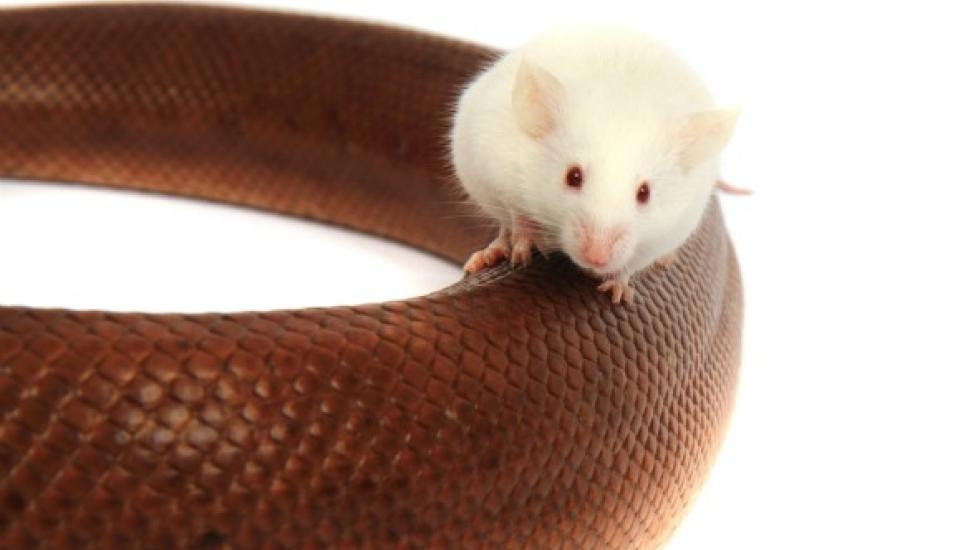Rodent Bites in Reptiles
There are many reptiles that feed on live rodents. Because of this, rodent bites are a major cause of various injuries and infections in reptiles.
Symptoms and Types
Reptiles suffering from rodent bites will have marks or wounds at the site of injury, which can be found anywhere on the reptile’s body. If left untreated, the wound may become infected and swollen, often filled with pus.
The wound can also develop into an ulcer or a sore.
Causes
Reptiles that are in the habit of playing with live food are susceptible to rodent bites. It can also occur if a reptile is weak, suffering from a disease or has lost its appetite. Thus allowing the live rodent to defend itself and bite your pet.
Rodent bites can also occur if your reptile's enclosure is left unsealed and accessible to any rodents which may be lurking around your home.
Treatment
Your reptile will need to be examined by a veterinarian for proper treatment. After cleaning and disinfecting the wound, a local antibiotic is then applied to prevent or treat infections.
If the bites have developed into pus-filled wounds, the veterinarian may also surgically drain the pus and administer an antibiotic injection.
Prevention
If at all possible, feed your reptile dead food. This can be accomplished by: A) freezing the reptile's food and thawing it out before feeding time, or B) killing any rodents before placing it in the enclosure. Any food should also be discarded if the reptile does not eat it within 24 hours.
Making the enclosure unaccessible to unwanted critters is another way to prevent rodent bites.
